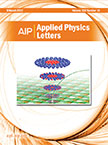 Researchers have retracted a 2015 paper in Cell after an investigation revealed the first author committed misconduct.
Researchers have retracted a 2015 paper in Cell after an investigation revealed the first author committed misconduct.
According to the retraction notice, which first author Ozgur Tataroglu declined to sign, the researchers realized there was an issue with the 2015 paper when they were unable to replicate the findings. Corresponding author Patrick Emery and his team at the University of Massachusetts Medical School in Worcester reviewed the data and found “clear evidence” that Tataroglu — who had been a postdoc in Emery’s lab — “had repeatedly misrepresented and altered primary data,” the notice states.
UMass subsequently conducted an investigation in which it “concluded that the first author committed scientific misconduct.”
Here’s the retraction notice for “Calcium and SOL Protease Mediate Temperature Resetting of Circadian Clocks:” Continue reading Author blamed for misconduct in Cell paper declines to sign retraction notice
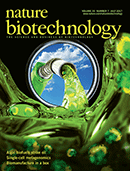 The author of a 2016 paper describing a potentially invaluable lab tool has retracted it, following heavy criticism from outside groups that could not reproduce the findings.
The author of a 2016 paper describing a potentially invaluable lab tool has retracted it, following heavy criticism from outside groups that could not reproduce the findings.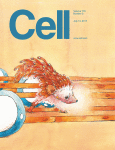
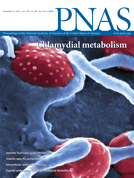 In 2012,
In 2012, 


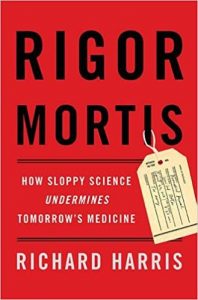
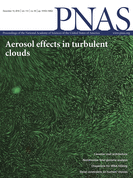 By now, most of our readers are aware that some fields of science have a reproducibility problem. Part of the problem, some argue, is the publishing community’s bias toward dramatic findings — namely, studies that show something has an effect on something else are more likely to be published than studies that don’t.
By now, most of our readers are aware that some fields of science have a reproducibility problem. Part of the problem, some argue, is the publishing community’s bias toward dramatic findings — namely, studies that show something has an effect on something else are more likely to be published than studies that don’t.